What is Critical Race Theory?
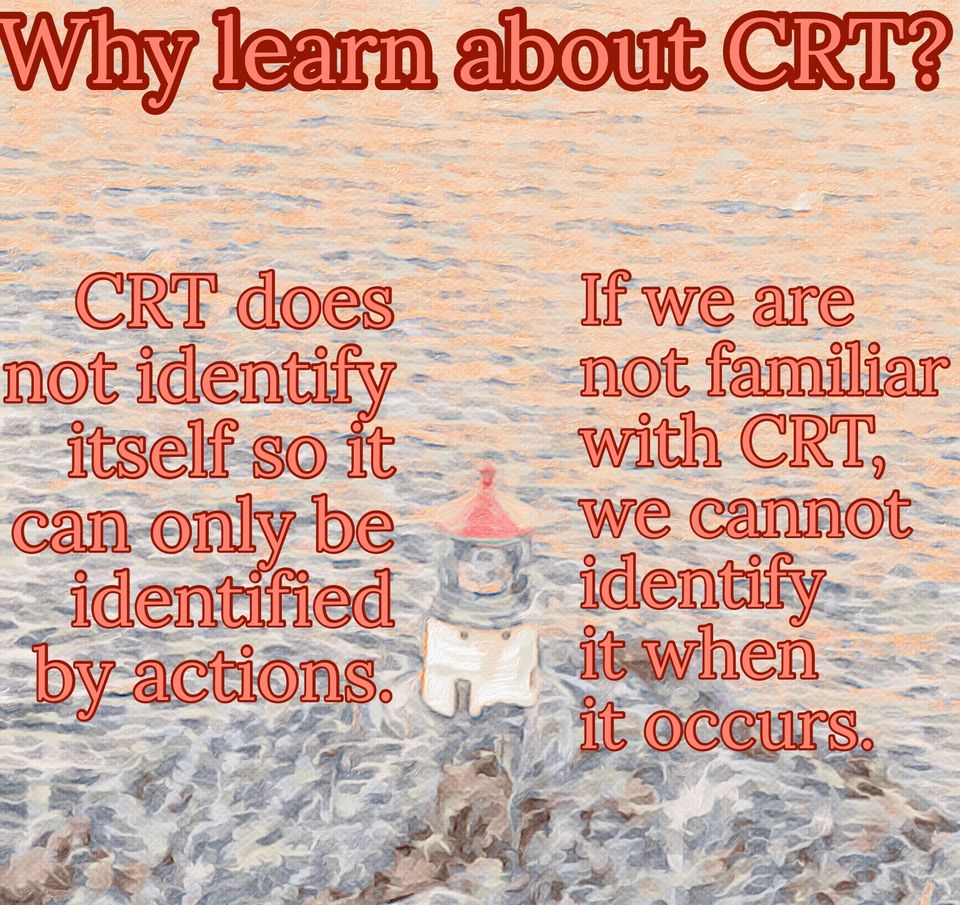
The principles that Critical Race Theory is built on, what those principles represent, and the dynamics that unfold
The Foundation
To understand Critical Race Theory (CRT) and the critical theories (CTs) that it originates from, we have to start with the foundational principles that forms the basis for what CRT and CT believes. There are thousands of resources over CRT, and many accurate criticisms. By "accurate", I mean criticisms that remain true to the nature of CRT while still being critical. My review will also be critical since I consider myself to be an individual – an incompatible notion with CRT. I also have a thirst for knowledge and learning – also incompatible with CRT. As a result, I cannot be intellectually honest and also be an advocate for CRT.
CRT foundational principles:
1) There are no individuals – only groups.
2) Dynamics between groups are explained only by interest convergence theory.
3) All disparities, measurable and immeasurable, define racism. Racism is endemic rather than aberrational.
4) Objectivity must be rejected.
We need to unpack this, point by point. The first principle is fundamentally illiberal. The idea of individual autonomy, which forms the basis of free, liberal society, is incompatible with CRT. CRT does not believe in individuality, and only defines a person by the groups that a person can be categorized into. This is what CRT refers to as identity, and despite holding to the belief that race is socially constructed, the theory explicitly assigns attributes to ethnicities. Critical whiteness (CW) studies is a subranch of critical theories (CT) and critical race theory (CRT). Critical whiteness begins with the assumption that being racist is an inherent feature of being white by claiming racism is "the normative state of existence" for "whiteness". This is a profoundly disturbing assumption that to be white is to be racist – that no other ethnicity has this innate trait. In fact, CRT builds upon this CW belief and further breaks up groups of ethnicities into a heirarchy of "racially priviledged" in which non-whites can display more of this white feature (racism) if they happen to be serving whites' interests. If this principle of there are only groups and the individual does not exist isn't bad enough, wait for the emerging dynamics when this principle is combined with the other foundational principles of CRT.
The next principle, interest convergence theory, is the assumption that groups only do what is in their own interest. I refer to this idea as the prioritization of power dynamics over knowledge, which forms the basis of authoritarianism. A reader has likely known people like this, but critical race theorists take this principle to the next level, by rejecting knowledge altogether, making the theory much simpler than any single person likely could be. CRT has taken firm stances against liberal motives and even the civil rights era of the 60s due to CRT beliefs in interest convergence. CRT believes that liberal activists and sympathetic lawmakers of the time only did what was in their own interests, rather than legitimately caring for their causes. By itself, this is a manipulative principle and cynical view of life, and I'll discuss what it means for it to be combined with other CRT principles after introducing the next two.
The third principle I have mentioned is not merely a new definition of racism by CRT, but also the assumption that society is endemically racist. CRT believes that every aspect of society is deeply racist, which is a radical idea since the solution is to obviously tear down and restructure the entire society. Racism is not aberrational instances of bigotry, but built into American society. Only the destruction of the society will fix this dilemna. Furthermore, the definition of racism is broad, and so vague that racism can be assigned by the most subjective means. Any undesired outcome (by CRT standards) is assumed to be due to racism; or racism is undesired outcomes. This revised racism is not merely confined to the CRT belief that equality of oppurtunity is racist. Undesired outcomes (racism) also includes social status and attraction (as an example, black women are less sought-after on dating sites by men) which naturally leads to thought-policing and governing personal desires. This definition of racism and the assumed scope of it enables critical race theorists and activists to subjectively target any business, group, person, government agency, social system such as schools or fire departments, non-profit, etc. Critical race theory devised a game where no single piece is safe from other pieces, and all pieces are assumed to be malicious towards one another.
The last principle may be considered a subset of the 2nd principle, but may not necessarily result from it, so I considered it to be one of the foundational principles of CRT. It is a common sentiment among critical race theorists that objectivity is not important. Science, judicial law, independent consensus, and other rigorous forms of obtaining facts is often looked down upon by CRT, in comparison to subjective feelings and storytelling. This is essentially a Post-Modern idea that CRT and CTs naturally adopted. CRT takes the idea and applies it to groups, claiming that only minorities can accurately talk about race, effectively shutting down discourse and inquiry among its ranks.
Before considering the effects of these principles together, the last section of this article is an amalgomation of quotes and references from prominent CRT scholars, articles, and a CRT textbook – so no one can argue that my analysis of CRT is unfair.
Analysis of Critical Race Theory
As many other thoughtful critiques of CRT have pointed out[5], the principles that the theory opperates on often contradict each other, or set up elaborate circumstances that place people in impossible situations. For instance, if we are to take the 2nd principle of interest convergence theory along with the 3rd principle that racism is endemic/ubiquitous to it's logical conclusion, we arrive at a baffling scenario. It is emphasized that people should take up the cause of fighting racism, but they are defined such that if they do, it will only be to serve their own interests. Groups (because there are no individuals) are either racist by being complicit, or racist for serving their own interests. This is a highly manipulative system in which groups are pitted against one another. Change and activism only leads to another villainous group to be toppled. Power dynamics is all – nothing else exists.
When combined, these principles set up a bleak scenario, despite often being mutually exclusive. The theory places all power in the hands of groups – groups that are defined by superficial qualities. People are not even grouped by personality, interests, or values; but by skin color, gender, sexual orientation, or other immutable characteristics. It's crucial for CRT to opperate on this principle, since variation occurs naturally in populations. Natural variation is largely due to individualism, that people vary across virtually all metrics. In a free society such as in America, with neutral laws (that treat people similarly regardless of ethnicity or gender), it is just as easy to find a group of poor black people as it is to find a group of poor white people. It is easy to see that CRT and other CTs do not take up the cause of class (the poor versus the wealthy), because it routinely ignores these contradictions within its reasoning. The poor white group and other natural variations (due partly to individualism) is conveniently ignored so that ethnicities and other superficial groupings can be pitted against one another. Groups cannot even trust their allies, due to the interest convergence assumption. Furthermore, no structure, organization, or person is immune to CRT tearing it down, due to the vague definition and applicability of racism combined with the principle that objectivity must be rejected.
The revised definition of racism, along with the ubiquity/endemic assumption, leads to a CR activist to take on the role of one that assumes everything is racist, and subsequently "proves" this assumption. Since objective truth is discarded, the CR activist has the sole subjective power to determine what structures or people in society merit restructuring. Another result of this lens of analysis is that anyone who disagrees with CRT assessment is assumed to be racist. This is precisely why many criticisms of CRT claim that "disagreement is racist", which is a profoundly true critique of CRT. Little do many of these critics realise, that even agreement is racist in CRT – everything is.
Historically, racism and other discriminations were argued from intellectual superiority assumptions (my group is intellectually superior to your group); advancement superiority assumptions (my society is more advanced than your society); and other superiroty complexes. The new discrimination is similar. Ultimately, the superficial grouping of people, manipulating them to be pitted against one another, rejection of objective facts, and assigning arbitrary heirarchies to groups (recall, that only minorities have authority to speak about "racism", which is defined to be everything), leads to a bleak scenario of ethical superiority based off of superficial qualities. Ethical superiority is the new racism, the new sexism, the new tyranny that does not respect or believe in the scientific method, mathematical and statistical tools, and forensic investigation. "You don't understand because you are not a woman," or "you don't know since you aren't black," etc etc etc. These appeals to superficial quality instead of the logic and meaning of a message, is highly illiberal, discounts the variability amongst individuals, and is ultimately discriminatory against those deemed unworthy.
Critical Race Theory from the Source
I would like to include some citations and quotes from principal critical race theorists and critical theorists as proof of the claims I have made. I would also like to point out that various sources were considered but excluded for brevity. I include no information about critical race theory that is not highly prevalent and recurring within the field. These are the fundamental principles of CRT and removing them would result in something that is far from CRT. If a reader is offended by my critiques but advocates for the theory, then the reader is simply ignorant of what CRT actually is. As intellectually and ethically repugnant as the theory is, I firmly believe that only a small minority of it's supporters understand what it is. The rest are manipulated masses of devout followers that lack the critical thinking capacity to educate themselves on the subject.
The critical race theory (CRT) movement is a collection of activists and scholars engaged in studying and transforming the relationship among race, racism, and power. The movement considers many of the same issues that conventional civil rights and ethnic studies discourses take up but places them in a broader perspective that includes economics, history, setting, group and self-interest, and emotions and the unconscious. Unlike traditional civil rights discourse, which stresses incrementalism and step-by-step progress, critical race theory questions the very foundations of the liberal order, including equality theory, legal reasoning, Enlightenment rationalism, and neutral principles of constitutional law. [1](page 3)
This quote is from Delgado's third edition which serves literally as a textbook for critical race teachings in colleges. Just from this quote alone, the 2nd principle of interest convergence is heavily implied, while the 3rd principle of racism being endemic and ubiquitous is explicitly stated along with the 4th principle of the rejection of objectivity. There are many more instances of these sentiments, along with explicit and implicit themes for the 1st principle that the individual does not exist.
In critical race theory, equity does not mean equal opportunity for everyone, it means equal outcomes based on race[1], which is explicitly stated on page 29 and 132.
Robin DiAngelo (a pioneer in CT and critical whiteness) summarizes CT origins as advocacy for a type of liberal humanism (individualism and freedom) but quickly rejected these ideas, which lead to the CT and CRT that we know of today. Individual autonomy as a framework for liberal humanism (people are independent and free to make decisions that determine their own fate) is viewed as a mechanism for keeping the marginalized in their place by obscuring larger structural systems of inequality. In other words, free society fools people into believing they have more mobility and options than the structures of the society allows.
This belief of DiAngelo's is the quintessential conspiracy theory – that all working parts of a society (the judicial branches, education, legislative framework, all branches of executive government, science institutions, corporations and even entire market systems, groups, and even the family unit) are coherently working together (consciously or not) to produce racist results. Since all of free society is racist by CT and CRT definitions, and everyone complicit in it are racists, then the entire society must be dismantled and rearranged as the C and CR theorists see fit. This is, by definition, the most radical idea in Western Society right now.
Ozlem and DiAngelo, along with virtually all other C and CR theorists, argues against the "myth" that "if we are oppressed in one social group membership, we can’t be privileged in another.”[2] This idea leads to further classification and profiling of individuals by the social groups that they can be sorted into. Individualism is not a belief within CT and CRT because individualism introduces nuance in ideas and variation in groups. Since the premise of CT and CRT is that racism is endemic, conspiratorial, and intrinsic to certain groups, individualism and statistical analysis disproves the claims made by the theories. There are no individuals – only self-serving groups arranged in a heirarchy of victim status, which pits them against one another in a systemically manipulated fashion.
Critical race theory (CRT) is a scholarly and political approach to examining race that leads to a consequential analysis and profound understanding of racism. It argues, as a starting point, that the axis of American social life is fundamentally constructed in race. As a result, the economic, political, and historical relationships and arrangements that social actors have to institutions and social processes are all race based. CRT also argues that, as a whole, this idea has been purposefully ignored, subdued, and marginalized in both the dominant and public discourse and that there are serious repercussions that arise from this structural blindness (Mills, 1997, p. 153)…. One of the important tenets of CRT is the assertion that race is socially constructed, yet it denotes explicitly and implicitly how power is used and appropriated in society. [3](page 65)
This quote was taken from the Encyclopedia of Diversity and Social Justice, a comprehensive and systematic collection of designated entries that describe, in detail, important diversity and social justice themes.
Critical race theories combine progressive political struggles for racial justice with critiques of the conventional legal and scholarly norms which are themselves viewed as part of the illegitimate hierarchies that need to be changed. Scholars, most of whom are themselves persons of color, challenge the ways that race and racial power are constructed by law and culture.[4]
One key focus of critical race theorists is a regime of white supremacy and privilege maintained despite the rule of law and the constitutional guarantee of equal protection of the laws. Agreeing with critical theorists and many feminists that law itself is not a neutral tool but instead part of the problem, critical race scholars identify inadequacies of conventional civil rights litigation.[4]
– a CRT paper from Harvard, highlighting how broadly the theory attributes racism in society, which can only be remedied with drastic measures.
It is likely obvious to most that CRT is highly partisan and characterizes every issue as a race issue: "counter-mobilization against right-wing retrenchment in struggles for racial justice" [4].
"Not a set of abstract principles but instead a collection of people struggling inside and outside legal scholarship, critical race theorists are engaged in building a movement to eliminate racial oppression, and other forms of group-based oppression"[4]. This is yet another instance of how the individual is ignored so that variation across groups does not interfere with CRT claims.
"[Critical race theorists] converge around the belief that racism is endemic, not aberrational, in American society; that liberal legal ideals of neutrality and color-blindness have replicated rather than undone racism; that analysis should be informed by personal experience and contextual, historical studies; and that pragmatic and eclectic strategies should be pursued in the struggle for racial and social justice."[4]
Once more, Harvard groups claim that racism is a part of every aspect of society, which is what they mean by "endemic, not aberrational". The groups also reject liberalism and objectivity by preferencing "personal experience". Also, "color-blindness" refers to American legislation where ethnicities/genders are treated equally.
Affirmative action can be defended by conventional liberal lawyers only as a short-term, limited remedy that departs from the ideals of objectivity and merit....In contrast, critical race scholars identify and embrace a radical tradition of race-conscious mobilization as an empowerment strategy...Affirmative action is a wedge allowing a broader inquiry into why wealth, education, power, and employment are distributed as they are[4]
In this Harvard quote, CR theorists admit that affirmative action is not objective or merit-based, making it irrational. Oddly enough, the issue that CRT takes with the policy is that it is not irrational enough. The group desires even further departure from objectivity and merit.
The group continues to allude to a future where hard-work, skill, and fairness are no longer pretenses in society: "Selection practices for highly sought after educational opportunities and jobs should include proportional representation, lotteries, and other methods that reject the pretense of merit and objectivity."[4]
Ian Haney Lopez traced how unspoken assumptions about whiteness informed crucial Supreme Court decisions in immigration and citizenship cases and defined who would be eligible for whiteness and who would not. Richard Delgado exposed how criminality tracks images of the nonwhite, despite statistical evidence that crime by whites is more serous, more common, and more hurtful. Richard Ford explored the use of the colored line to demarcate urban and suburban spaces in property, land-use, local government, and voting laws. Cheryl Harris developed a conception of whiteness as property, a resource of considerable value and investment receiving massive legal protections. Derrick Bell suggests that law schools resist hiring professors of color beyond token numbers in order to maintain the white character of the institutions.[4]
In this single quote, CR theorists highlight their own racism towards whites, blatantly lie about statistics and data, and emphasize that all of society is deeply racist as well as being motivated by racism.
Because critical race theorists argue that the imperial, objective voice of law so often veils the perpetuation of racial hierarchy, many of these scholars celebrate personal, passionate voices in their voices and teaching. Narratives infuse their works: autobiographical, fictional, and allegorical. Critiques of popular culture and contributions to it also characterize critical race writings.[4]
The theorists can't prove false assumptions with science, data, and statistics because these methods rigorously prove the truth. Instead, CR theorists rely on subjective, symbolic works to spread their propaganda.
Charles Lawrence urges professors in law schools to reject the false neutrality of the conventional scholar and teacher, and instead to embrace storytelling and the personal voice with efforts to transpose "feelings and experience into language as a political discipline." In these and other works, critical race scholars propose compelling visions alongside their critiques of racial and cultural dominance by whites.[4]
Objectivity and inquiry is attacked by characterizing it as "false neutrality", and CR theorists attempt to persuade CR activists to assume malice of anyone that does not agree.
"Rejecting the idea of race as a natural category, critical race scholars join feminists and queer theorists in the project of unearthing the social, cultural, and legal constructions of identities."[4] Yet the same movements define human beings solely by the identity metric.
I do not even know what this means: "Mari Matsuda, for example, urges new kinds of law to accommodate "multiple consciousness" framed by conflicting and intersecting group experiences of oppression." [4] It must also refer to the identity, which is the various groups (multiple consciousness) that define a person.
"Words do wound, [critical race theorists] argued"[4] – an explicit critique of the 1st Amendment and Free Speech.
Critical race theorists afford law students and lawyers materials with which to challenge conventional notions of the intent requirement in equal protection analysis with contrasting studies of structural and unconscious racisms. They point out ways to remake the scope of basic law school courses in property, contracts, and torts by locating slavery, Indian law, and racial harassments as crucial topics for study[4].
Critical race theorists have been attempting to overturn legal framework of intent requirement for decades. If intent did not have to be proven in a court of law, then virtually all acts can be interpretted as the theory sees fit.
References
[1] Delgado, Richard. "Critical Race Theory, 3rd Edition". NYU Press.
[2] Sensoy, Ozlem, and Robin DiAngelo. "Is Everyone Really Equal?: An Introduction to Key Concepts in Social Justice Education." 2nd edition. Teacher’s College Press: New York, 2012.
[3] Thompson, Sherwood. "Encyclopedia of Diversity and Social Justice." Rowman & Littlefield Publishers.
[4] Harvard Bridge https://cyber.harvard.edu/bridge/CriticalTheory/critical4.htm
[5] New Discourses. https://newdiscourses.com/2020/06/reasons-critical-race-theory-terrible-dealing-racism/
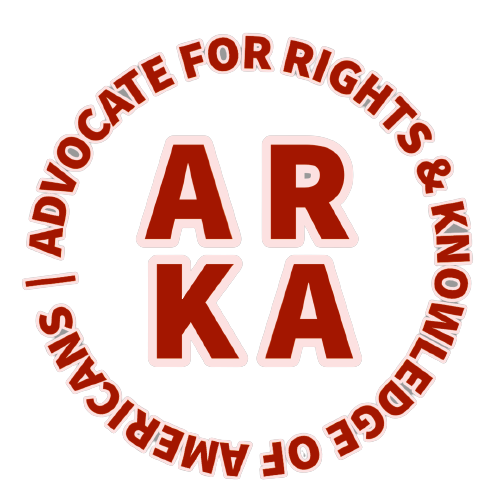
![A Religion Called "Psychology" & the Bully Myth [Part II]](/content/images/size/w750/2022/10/bully2.PNG)
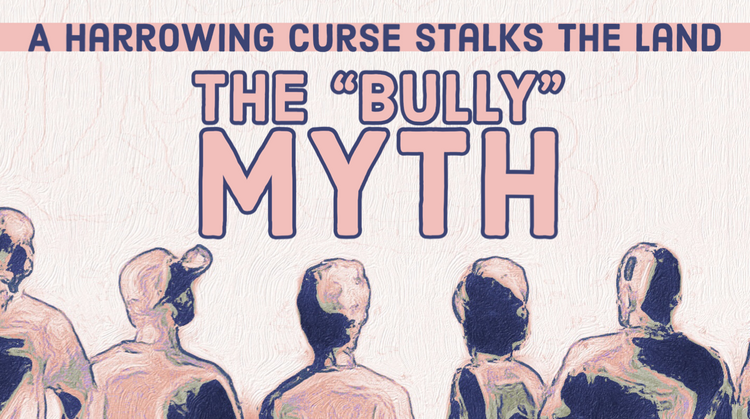
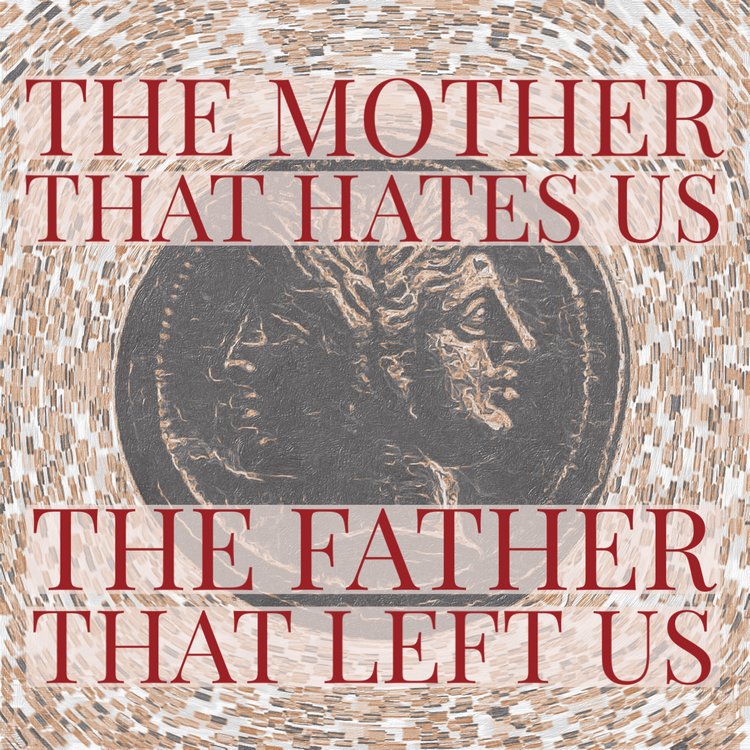

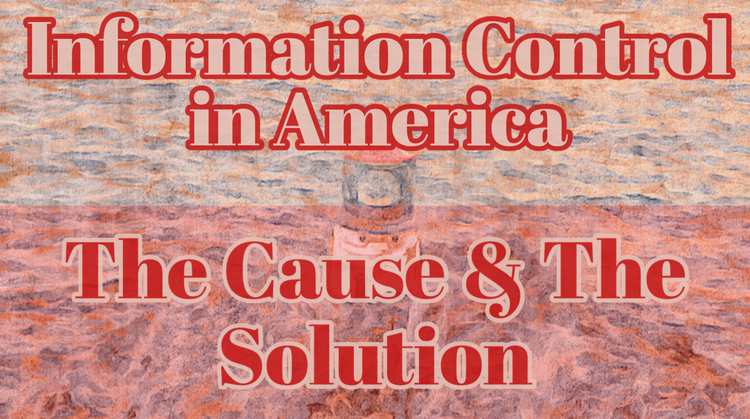
Member discussion